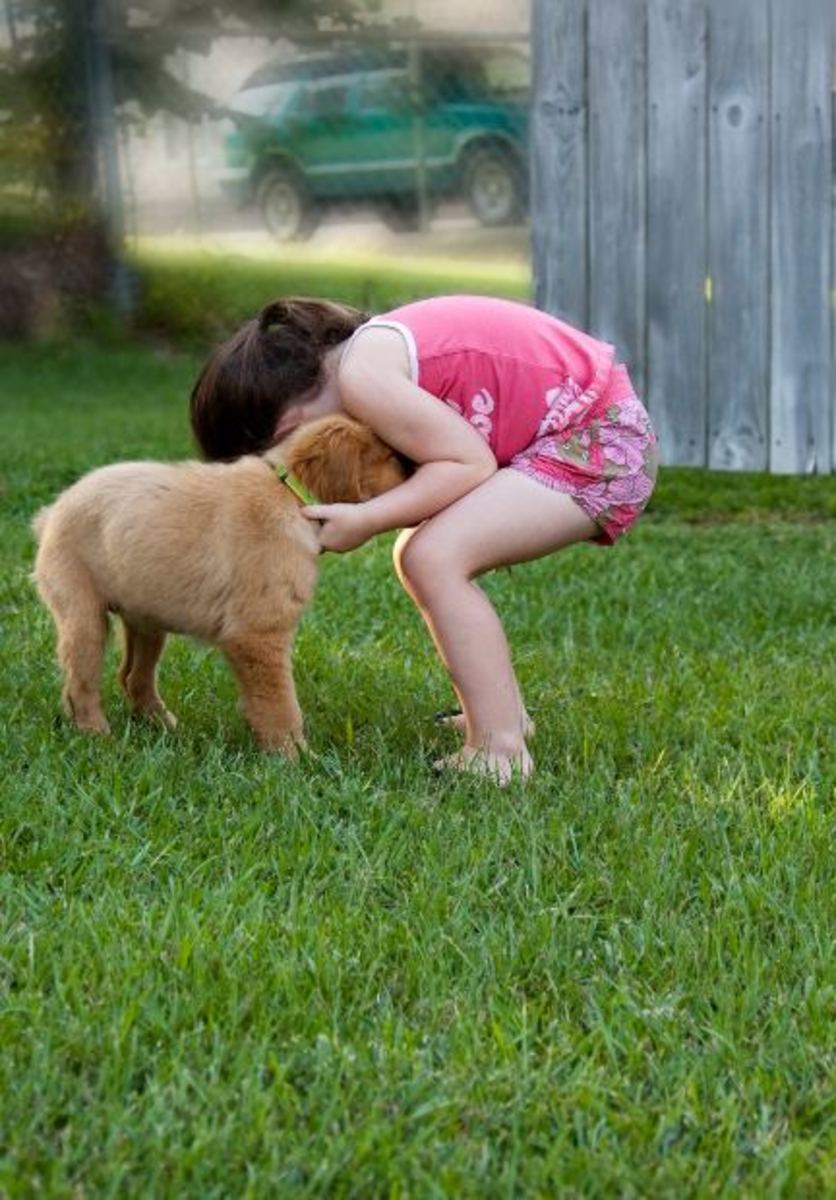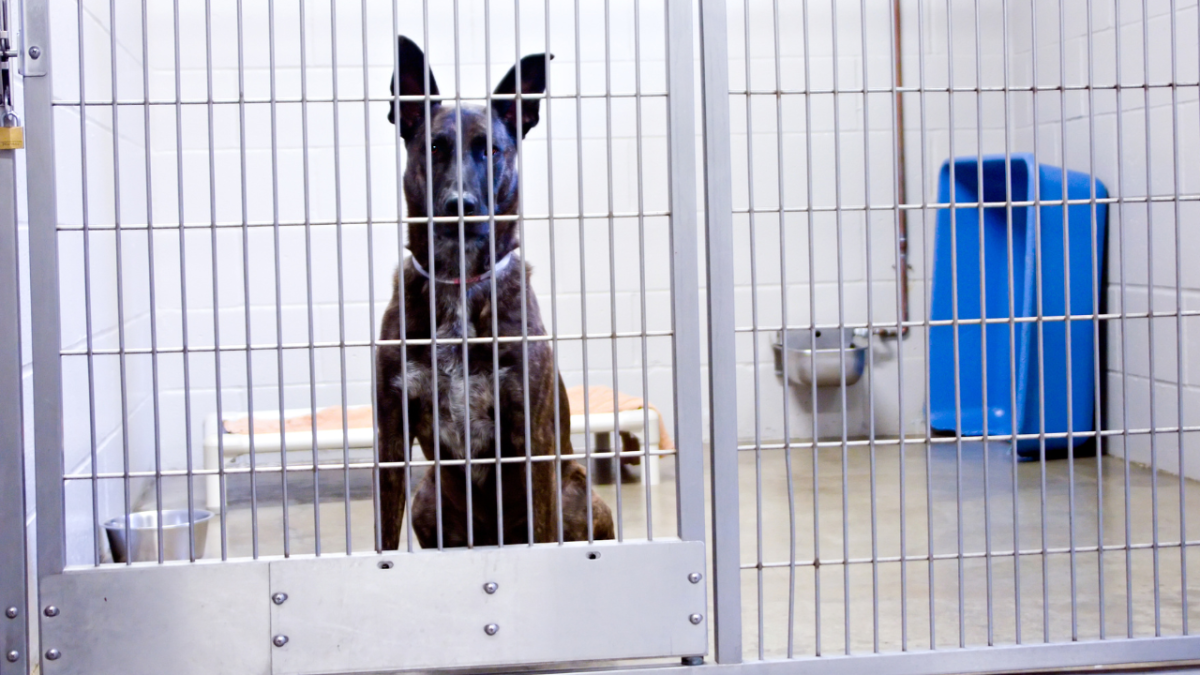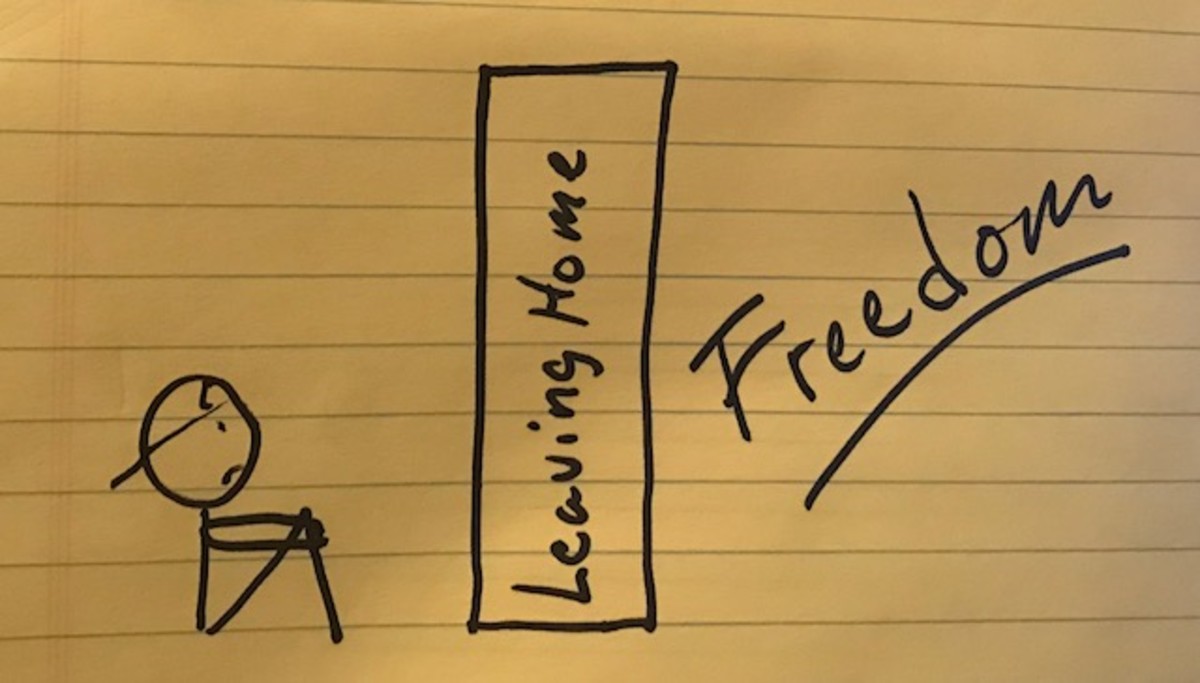Tips for Dealing with Your Child’s Anger and Aggression
Dealing with your child's anger can be confusing and distressing. It is often difficult to handle anger in children because of the feelings it can stir up in us as adults. Anger is a temporary emotional state often caused by frustration. When children are unable to get what they want, the emotional response may be an angry outburst.
Anger may also be related to a number of other factors, including anxiety and low self-esteem or a way of avoiding painful feelings. Children who feel anxious because they have no control over a situation may express their anxiety as anger. Because young children have difficulty labeling many emotions, disappointment and sometimes even sadness may be communicated as anger.
Aggression is often related to underlying feelings of anger but is defined as behaviors that are intended to hurt someone, either physically or emotionally. Teasing, physical attacks, and destructiveness are some of the ways aggression is shown. Many aggressive children are likely to suffer rejection by their peers, which keeps the cycle growing.
Culture, upbringing, and the degree of exposure each person has had to aggression play a role in what is defined as aggressive behavior. You may intervene quickly if your child engages in a pushing and shoving match with another child, whereas the other parent may think that kind of behavior is acceptable from children.
How do children learn aggressive behavior? Modeling and reinforcement of certain behaviors can result in an increase in aggression. If a child is given attention and praise for being aggressive in sports, that behavior will most likely become a part of that child's repertoire. If parents use physical punishment (hitting) when their child hits someone, they are modeling aggressive behavior. Additionally, it is almost impossible to find television shows today that do not depict aggressive behavior in one form or another.
Children who behave aggressively may also be seeking attention. If Mom or Dad comes running every time Susie pushes her baby brother down, this may be the key to her behavior. Remember that attention does not have to be positive for it to be desirable to a young child. Negative attention is better than no attention at all!
The key to dealing with aggressive behavior is trying to understand the underlying cause. Aggressive behavior should not be ignored or tolerated, nor should parents overreact to aggressive behaviors. If the underlying cause is a plea for attention, try to provide that attention for positive, appropriate behaviors. Tell your child what behaviors please you by using "I" statements: I like the way you helped your baby sister today. I really appreciate it when you play quietly while I'm on the telephone. I think it's great that you were willing to share your favorite toy with your friend.
Children who act aggressively toward others should be penalized with an appropriate consequence. Hitting or strong verbal punishments serve only to reinforce the same behavior you are trying to eliminate.
Help your child to understand how the other person feels. At five years of age, children are not fully able to put themselves in another's shoes. Encourage your child to talk about her own feelings. Let her know that angry feelings are natural and acceptable, but hitting and saying mean things to another child are not. If necessary, provide suggestions for using words to express angry feelings. Instead of grabbing toys from other children, encourage your child to say, "May I have a turn with that toy now?"
One concept keeps coming to the forefront: modeling appropriate behavior. If we, as parents or other significant adults, are unable to express anger in appropriate ways, how can we expect our children to learn to express their feelings in ways that are constructive and healthy?
- Television Violence and Children's Behavior
There is no doubt in anyone's mind that we live in a world in which violence has become commonplace. Whether we pick up a newspaper or turn on the television, it is quite likely that we will read or see... - Television Violence and Children's Behavior
There is no doubt in anyone's mind that we live in a world in which violence has become commonplace. Whether we pick up a newspaper or turn on the television, it is quite likely that we will read or see...








